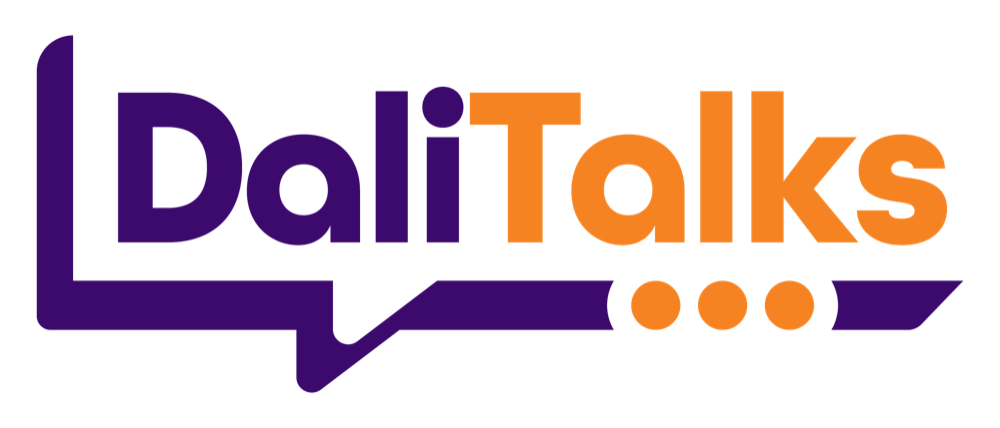Stereotypes are disrupting our kids’ learning

He kept calling me a dumb Mexican because I have an accent, but so does Jimmy. He’s from France. I just don’t get it. I know English just as much as he does. I’m also not from Mexico.
-8 year old, Ana in Maryland
When adults hear about conflicts among kids such as Ana’s, they’re often dismissed as child bickery, a rough phase of childhood, or just part of being a kid. But if this scenario where between two adults, it would be considered harassment or discrimination.
So, why aren’t educators taking the time to teach kids to not use stereotypes in the classrooms? Sadly, schools also don’t strongly consider the effects of stereotyping (such as misogyny or sexual harassment) more seriously-and they should! They know they exist, but they don’t actively focus on this issue.
Subconscious stereotyping is important because
- it negatively affects academic progress
- some students are punished harsher than others
- these actions carry on into adulthood and it is a cause of job loss, lawsuits, and ends relationships
- it contributes to low-self esteem, bullying, and even violence
I know what you’re thinking, I’m over-reacting. But they are realistic occurrences that we’ve all seen happen over and over. The fact is that subconscious stereotypes and biases creep into our heads from an early age. Do you see how this “stereotype problem” starts becoming a much bigger problem?
Consider these facts:
According to an Arkansas Law Review article by Janel A. George, “African American girls experience suspension six times the rate of white girls and more than any other group of girls and several groups of boys” for minor infractions such as wearing their hair in a natural style or for showing strong leadership behaviors that are perceived as pushy, bossy or unwilling to bow down from their stand on a certain issue.
When a child is stereotyped by another child or an adult, the child knows that he/she has been offended. The child gets a bad feeling and might not know how to articulate what he/she is experiencing or feeling, but this doesn’t mean we should call it a “kid problem” and forget about it.
Children look to their teachers and school administrators to protect and defend them. So, if a child seeks out help because someone has used derogatory language towards him/her and school educators dismiss their problem, how are children going to trust their teachers? How is a student supposed to concentrate on learning rather than their harasser?
How are teachers supposed to know how to teach their students to use appropriate language so that they do not become part of the problem? Being aware of certain words or statements that should not be used like, “boys will be boys” because what you’re teaching kids is that certain behaviors are acceptable for boys and others for girls.
There are so many other examples I could go over to make my point, but I’m sure you can come up with many of your own.
This issue affects students’ learning. By not debunking stereotypes we reinforce them and this leads to institutionalized discrimination such as racism, xenophobia, disability discrimination, and misogyny among other types of discrimination.
The good news is that this problem has a solution. However, we have to implement it as early in age as possible and we can do that by working with our schools and community to change the way society sees people. We must identify the language that reinforces subconscious stereotypes and behaviors.
We must start becoming conscious of the words we say, how we act around people who are different and we must not TOLERATE the stereotyping and discrimination of others or to ourselves when it happens.
I’ve been working on a solution to this lack of training that educators and kids should be receiving.
So, I’m taking the opportunity to ask you how do you teach your kids to refuse stereotypes or how have you dealt with it when it has happened to your child at school?

